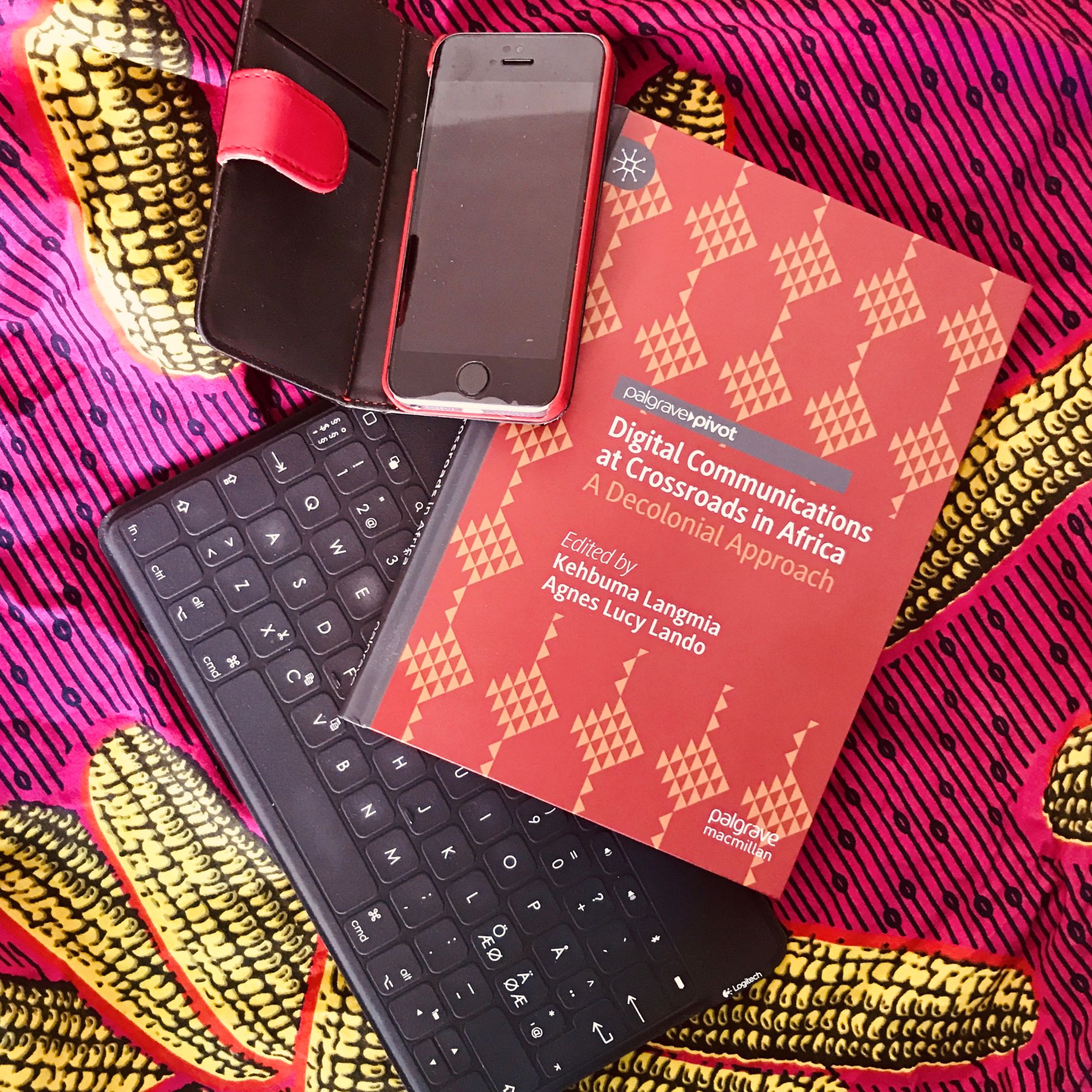Every week in Ghana, the headlines spew out new incredulous accusations of corruption. It is millions of Ghana cedis disappearing, or millions of Ghana cedis disappearing BUT found out and STILL NOT being payed back, inflated contracts being awarded, and after the painful truth about the Ghanaian justice system, this week we got it black on white even educational institutions are not following procedure. On top of this mess – that on some level also is positive as the rot is being reported on – I find it shocking that with each new topic, people around me say “but of course, this is how it has been since when I was a young…”
How does one cope on a personal level with all of this?
I have to say: I don’t know. I think do not cope very well! I get so angry and disturbed I cannot focus on much else on many days. I tweet, blog, and rant. I make plans to leave, I take deep breaths, and I laugh about it all. I try to balance the impressions.
I say to myself: Ghana is a country that does not meddle so much with citizens lives, I can more or less build what ever I want anywhere, drive at whatever speed I prefer on whatever side of the road, do whatever I like whether a street party or a business venture. But then again, this freedom is not as fun as it sounds. Even to a Swede coming from a cold, almost excessively state controlled environment. Mostly, this freedom seems it is just a freedom to be corrupt? To walk on others to get ahead? To overcharge and connive? To say “but madam, who will catch you?”* To destroy and walk off?
In the Ghanaian blogging community we have discussed when a tipping point will come for Ghana, if at all. Is it more likely with each big reveal? Or is it less? I get royally annoyed with those around me who say things like “well, this is Ghana” or “lets pray over it” or “It will never change” or “getting annoyed doesn’t solve anything”. But sometimes, I also understand. It all seems so big and nebulous, like a monster we have to learn to live with.
Ghana’s leading investigative journalist, Anas Aremeyaw Anas, recently urged journalists to do more with the freedom we have here in Ghana:
“I think that when you look at the press freedom index Ghana scores very high. Ghana is not a place where you speak and somebody will clamp down on your rights. But now the issue is not about the rights but rather what we the journalists ought to do with that right.”
It is somehow so ironic that we all admire Anas, troop in our thousands to watch his reveals, but then that is it. People are not inspired to join the lone man’s struggle with the dragon?
Recently, someone told me a story of how a relative was in trouble with the law and payed something to a person at the municipal court to walk free. The twist to the story was that person in power accepting a bribe to drop the case now holds a higher position in the national government. We all look on, we all know, but who acts?
*Migration officer in uniform told me this when I was not given a three-year residence permit without the right to work.
This post is part of my new series of more personal posts to be posted on Fridays, Personal Friday.
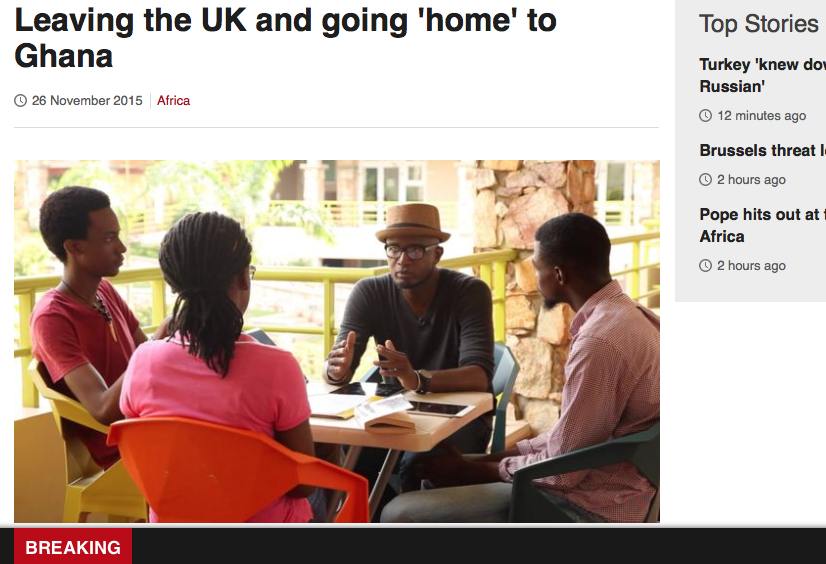

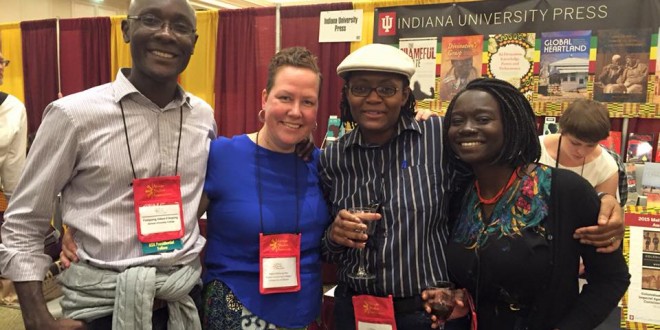 So, I am back from the intense African Studies Association 58th Annual Meeting in San Diego, California, US 19-21 November, 2015!
So, I am back from the intense African Studies Association 58th Annual Meeting in San Diego, California, US 19-21 November, 2015! 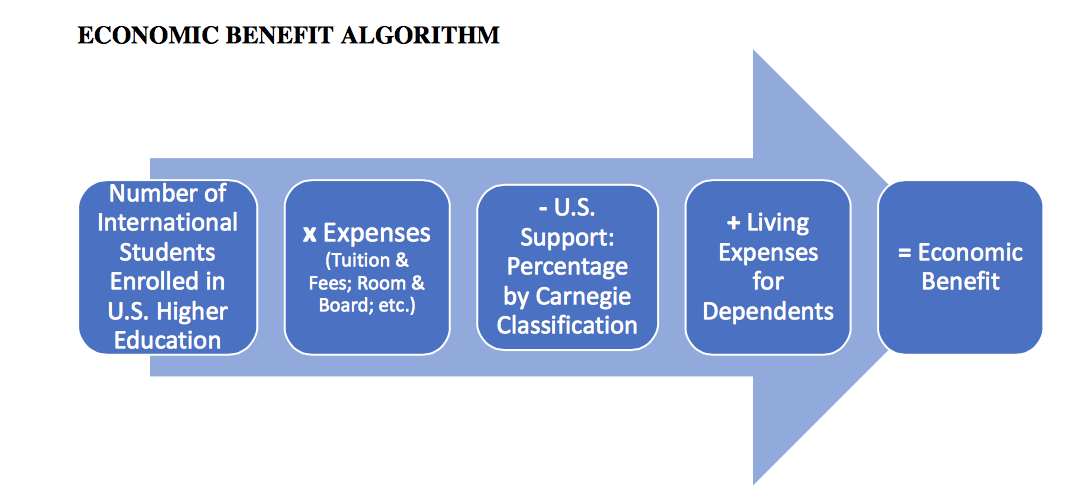
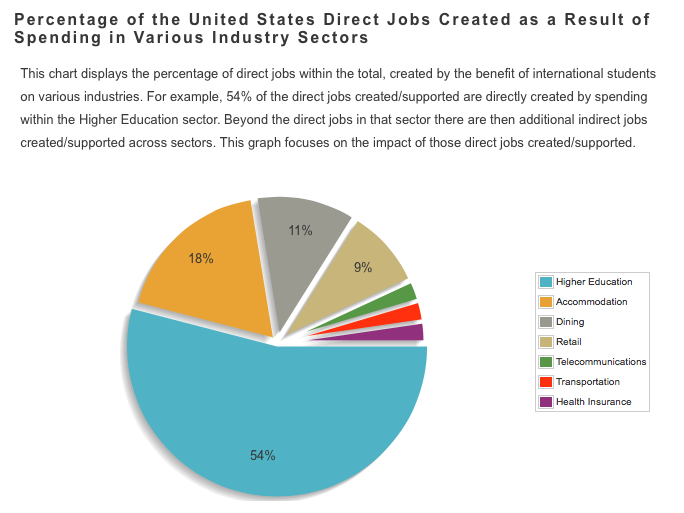
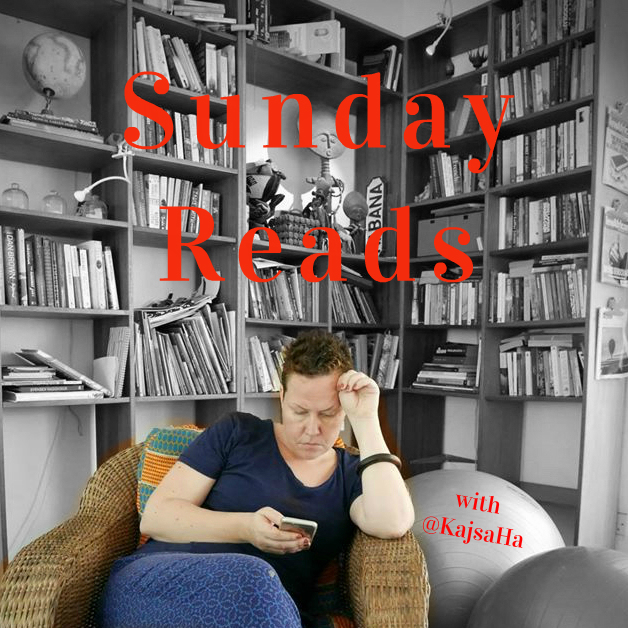
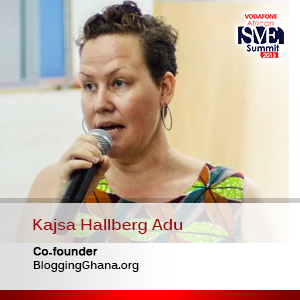 I have been invited to speak at the
I have been invited to speak at the
